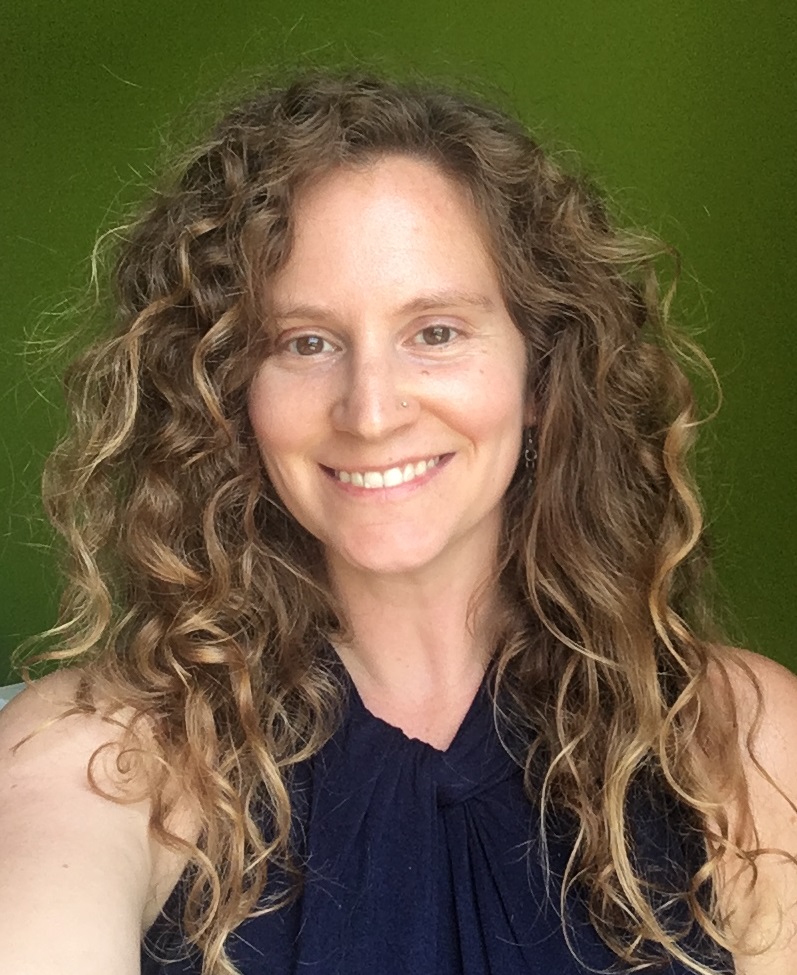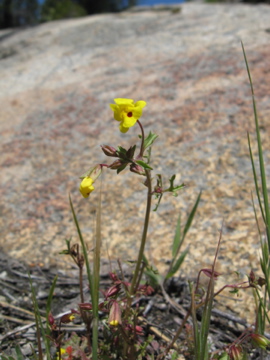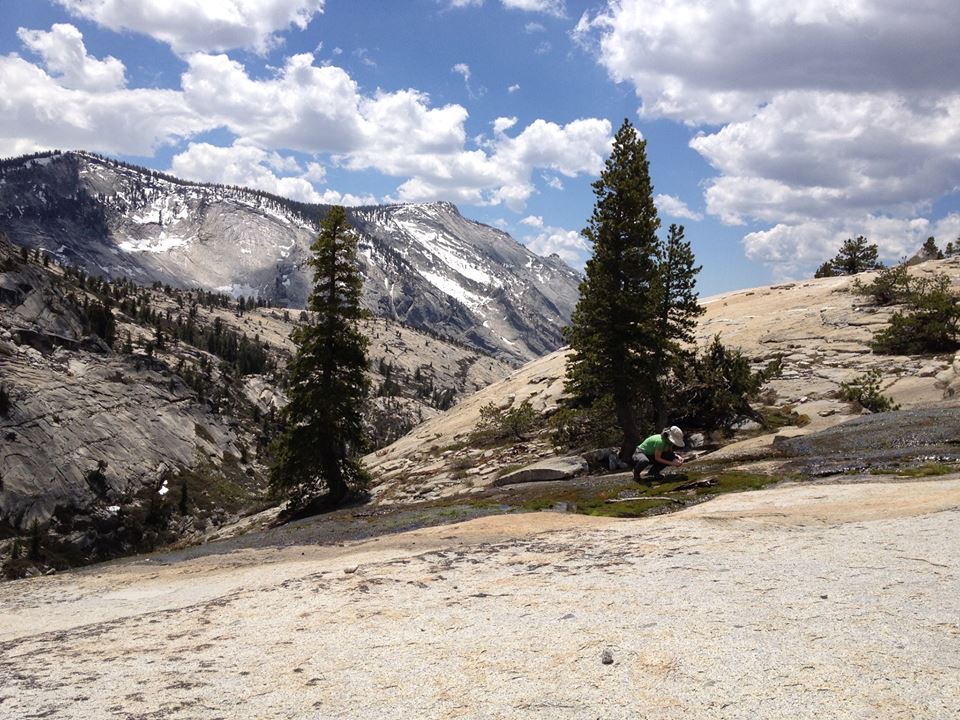About the department:
I am currently a new Assistant Professor in the Department of Ecology and Evolutionary Biology at Tulane University. Tulane is a private research one institution located in one of the most beautiful cities in the country, New Orleans. Our department is very diverse with labs studying a wide range of topics from animal behavior to plant-microbe interactions.
About the research:
I’ve always been fascinated by three things: how things work, natural beauty, and storytelling. For me, evolutionary biology combines all three. To understand how the evolutionary story has unfolded, my lab combines quantitative genetics, population genomics, and field experiments to determine the genetic, phenotypic, and environmental basis of adaptation and speciation in Mimulus (Monkeyflowers). Projects in the lab focus on the genetic basis of local adaptation, parallel evolution, phenotypic plasticity, and traits under temporally varying selection using Mimulus laciniatus and Mimulus guttatus. We are particularly interested in how differences in leaf morphology, mating system, and phenology within and between species contribute to adaptation to harsh rocky environments. By combining genetic, experimental, and field methods we hope to gain a holistic understanding of the evolutionary narrative.
What has been the biggest challenge as a new PI so far?
My biggest challenge as a new PI has been the loneliness that comes with starting a new lab. For the first time in my career it was just me at the office every day, just me in the lab, just me making decisions. It can be isolating and overwhelming at first, but eventually it's freeing! Also it gets so much less lonely once you get that first person in the lab so I recommend hiring a technician asap!
What has been the biggest surprise so far about being a new PI?
The biggest surprise for me has been how much time and investment creating and teaching a new course takes. It really is a ton of work, but also very rewarding!
How have you prepared to be a PI?
Throughout my career I have done a lot of mentoring, public speaking, and grant writing. When I was a PhD student and post-doc I mentored undergraduates and high school students almost every semester. It was a great experience and helps me a lot now that my main day to day job is managing a group of people. I also started giving regular scientific talks and TAing early in graduate school so I became very comfortable with public speaking. Since teaching and communicating my research is a huge part of my job as a PI this comfort is really helpful. Lastly I started writing grants and applying for fellowships during my first year of graduate school and haven't stopped since. This is an essential skill now that I'm a PI.
How do you/will you approach mentoring new lab members?
I aim to create a really positive work environment where lab members get along well and view each other as part of a team. I find that this is the most effective work environment for myself and most other people. When lab members feel comfortable communicating is when the most work gets done. I also want lab members to be independent, to feel ownership over their work, and yet know when to ask me or others for help. Overall I think that evolutionary biology research is and should be fun!
Are you recruiting? If so, how do you/ will you choose new lab members?
Yes I am currently recruiting PhD students and post-docs. I'm looking for enthusiastic, friendly, and hard working lab members who are curious, intrinsically motivated and like working with other people. I am also looking for people interested in the genetics of adaptation and speciation who have had prior research experience in at least one of those areas.
What does becoming a SSE member mean to you or your career?
I have always loved being connected to SSE. It is my natural intellectual home. You are my people.
When was your first Evolution Meeting, and how did it affect your career?
I went to my first Evolution conference as a second year PhD student. It had a huge impact on me. I gave my first talk that year and I was in the slot right before Joe Felsenstein. This meant that halfway through my first talk the room, which had been relatively empty, starting filling up until there were hundreds of people there! Even though I know most of those people weren't there for me, it actually gave me a huge boost of confidence to know that so many people saw my first talk ever and that I didn't mess it up despite the interruption!
How do you think evolutionary research benefits society?
Besides gaining a better understanding of the world's history and how the world works, I think that evolutionary biology is critical to human society's awareness of its place in the world. I believe understanding that all humans are pretty closely related to each other, and that all humans are related to every other living creature in the world by common descent makes people better stewards of each other and the planet as a whole. In short, I think that our evolutionary history is a key unifying concept for society.
Do you have a time management tip to share?
Ack! No. But I need some...
What book should every evolutionary biologist read?
On the Origin of Species. An oldie but a goodie.
What one piece of advice would you give to a starting graduate student?
Treat graduate school like a job, not like school. Also always remember that you have agency and that if things aren't going well you can make a change and better your situation.
What is something most people don’t know about you?
I have a bachelor’s degree in English Language and Literature and I enjoy creative writing, painting, and baking. I've even written a children's book called Sneaky Cephalopods which I'm now very slowly illustrating. I'm also slightly obsessed with Cephalopods...
What do you enjoy doing in your free time?
Traveling, reading contemporary and classic literature, eating, and running!
 Kathleen Gray Ferris
Kathleen Gray Ferris
